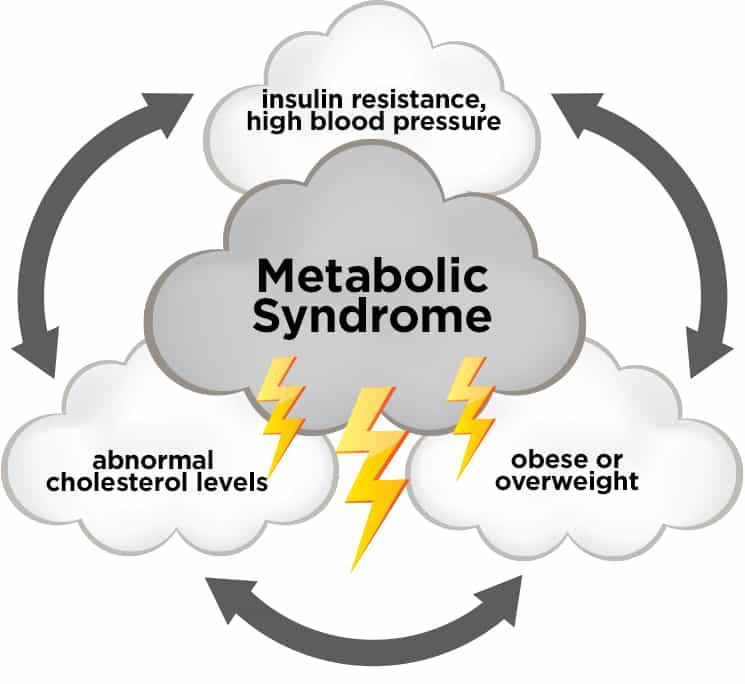The total amount of weight loss associated with improved metabolic health and thus lower risk heart disease risk and diabetes type 2 and improved insulin sensitivity.

Obesity is tied to a condition called metabolic syndrome. It is of the largest contributing factors to the development of diabetes type 2, heart disease, high blood pressure, and stroke. This risk is all tied to a condition called metabolic health. Metabolic health is having the ideal levels of blood sugar, triglycerides, high-density lipoprotein cholesterol, blood pressure, and waist circumference, without using medications.
Many experts and weight loss gurus have suggested that fasting and high protein diets might improve metabolic health more because they cause faster weight loss. A new study from 2019 looked at weight loss and the tie to improved metabolic health in patients with various rates of weight loss[1]. Researchers, specifically, tried to determine if the rate of weight loss might be associated with metabolic changes independent of the absolute or total weight lost.
In the study, weight loss and health changes were assessed in over 11K participants. The participants were attending a publicly funded clinical weight management program over a treatment period of just over 12 months. The study looked at early weight loss rate in the first 3–6 months and overall weight loss rate and the rate was categorized as Fast with over 1 kg/wk, Recommended with 0.5 to 0.9 kg/wk, or Slow with less than 0.5 kg/wk.
The researchers found that participants, on average, attained approximately 6.5 kg of weight loss over the 12 months. The Fast weight loss group had greater improvements in the overall waist circumference and blood pressure and overages more weight loss but when compared across the groups, it was the total sustained weight loss and not rate that correlated to better metabolic health.
The bottom line: Faster rates were associated with a greater absolute weight loss and larger improvements in waist circumference and blood pressure. Larger absolute sustained weight loss resulted in more improvements to insulin resistance and metabolic health. If you can sustain it, I suggested a more rapid rate. If not, moderation and the turtle will win the race.
Reference:
- [1]J. L. Kuk, R. A. G. Christensen, and S. Wharton, “Absolute Weight Loss, and Not Weight Loss Rate, Is Associated with Better Improvements in Metabolic Health,” Journal of Obesity, pp. 1–6, Jan. 2019 [Online]. Available: http://dx.doi.org/10.1155/2019/3609642







Be the first to comment on "Research: Total weight loss, not rate associated with improved metabolic health."